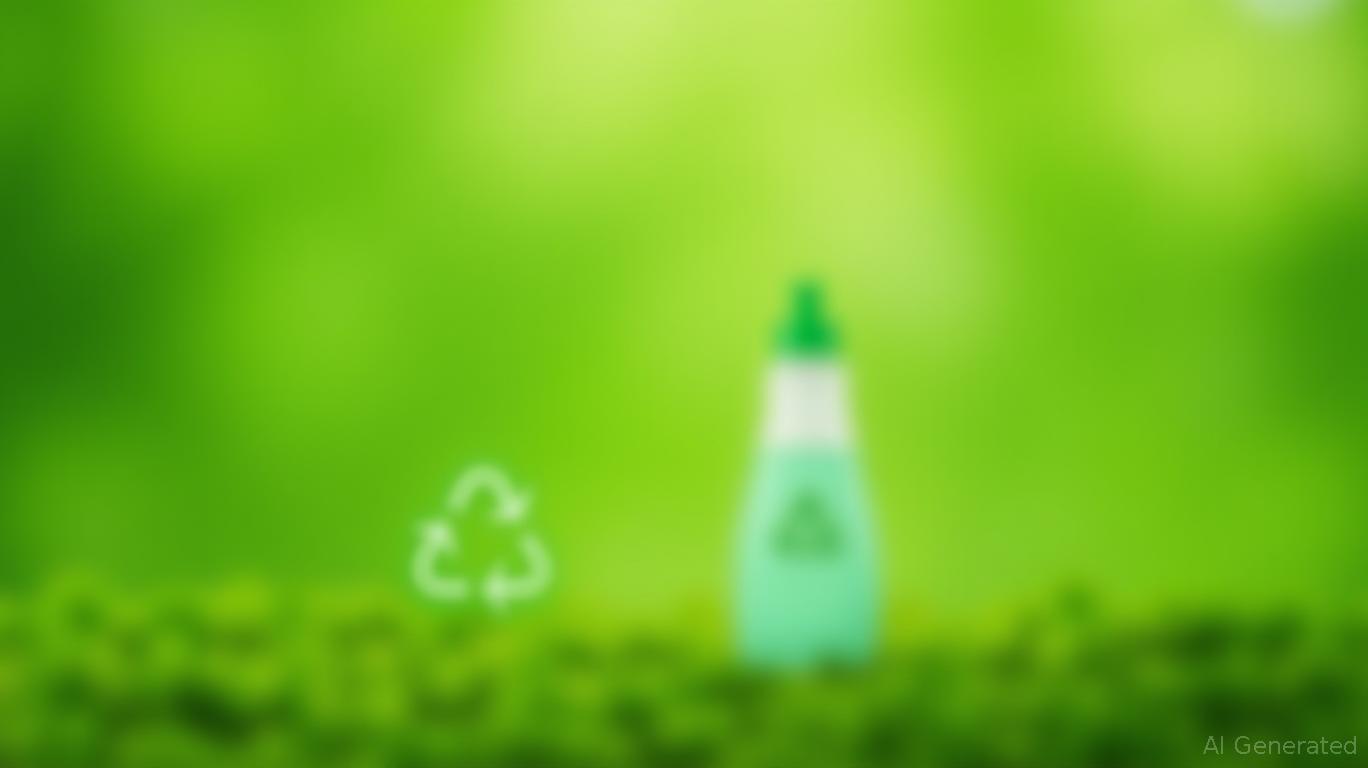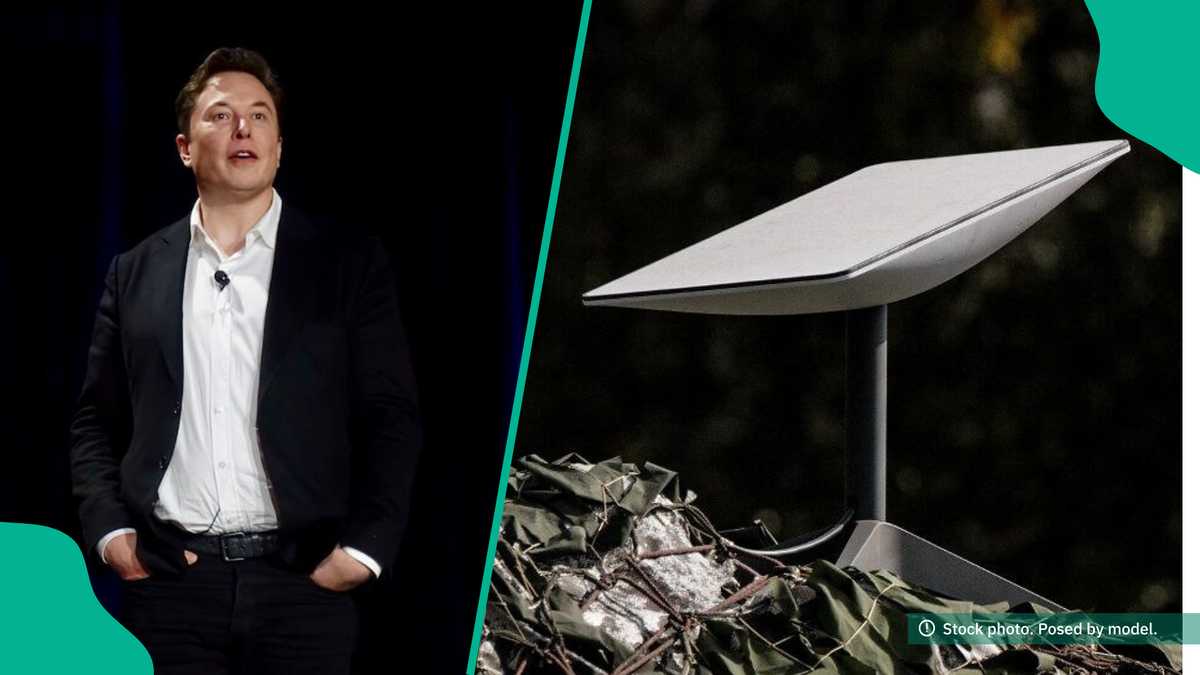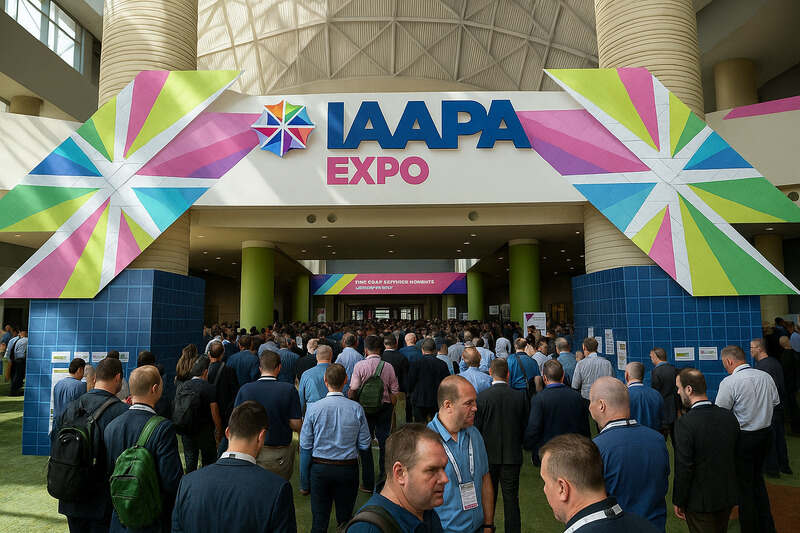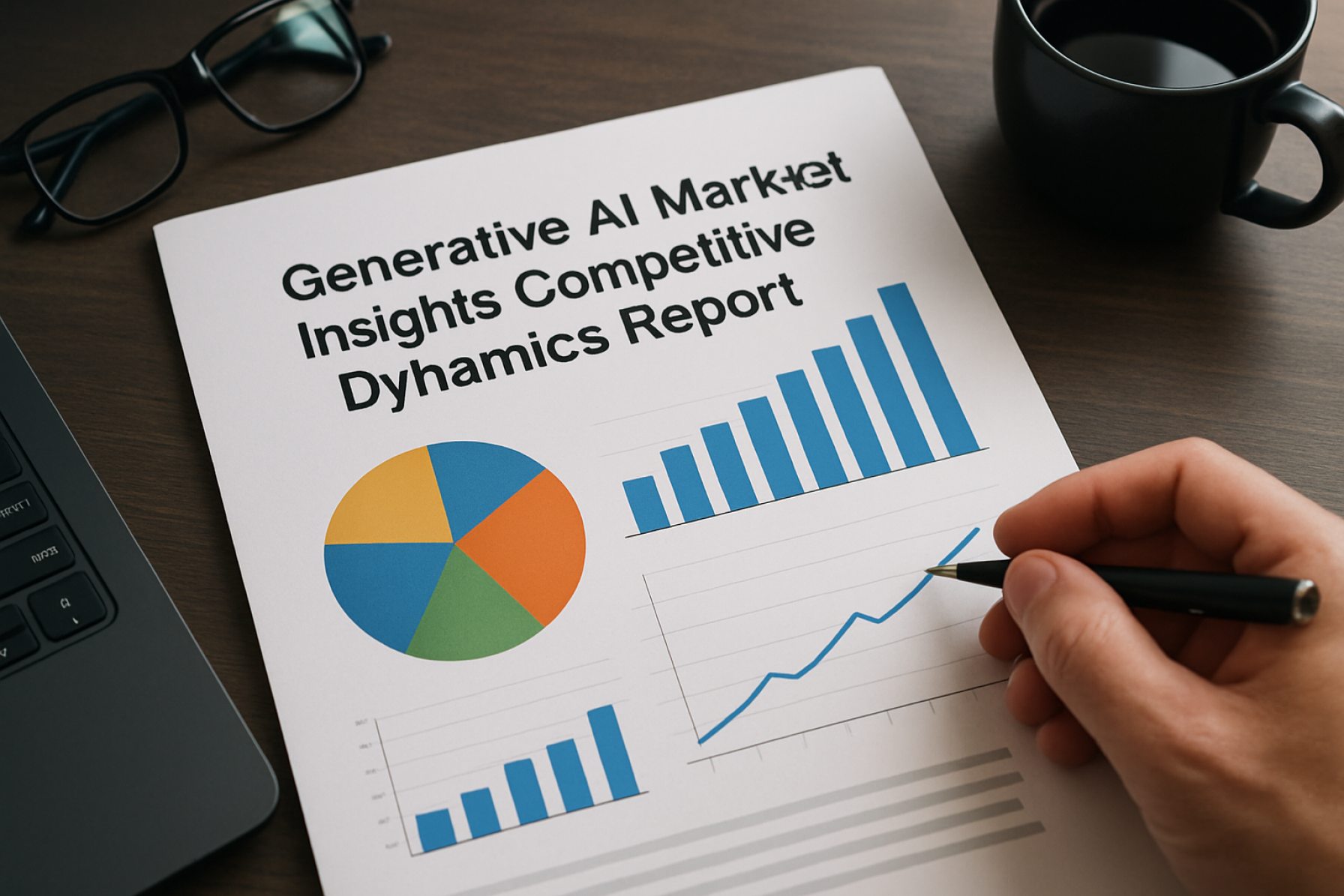Green Wash: How Asia-Pacific's Regulatory Shifts Are Cleaning Up the Laundry Detergent Market
Theodore QuinnSaturday, Jun 28, 2025 11:14 pm ET
![]() 14min read
14min read
The Asia-Pacific laundry detergent market is undergoing a seismic shift. Regulatory crackdowns on harmful chemicals, rising consumer demand for eco-friendly products, and the urgent need to align with global sustainability standards are creating a high-stakes game for manufacturers. For investors, this is a moment to bet on companies that have already positioned themselves at the forefront of this transition—or risk being left in a growing pile of regulatory dust.

China and India, the twin engines of Asia-Pacific's $50 billion laundry detergent market, are leading the charge. In , the Ministry of Ecology and Environment has banned toxic chemicals like perfluorooctanoic acid (PFOA) and restricted phosphorus-heavy detergents, while mandating biodegradability in surfactants. These rules are forcing manufacturers to reformulate products or risk losing shelf space. Meanwhile, is finalizing revisions to its standard, which aims to slash phosphorus content in detergents from 11% to 5%—though enforcement remains a hurdle.
The in India further complicate matters by requiring biodegradable packaging certifications and stricter Extended Producer Responsibility (EPR) targets. This dual focus on both product composition and packaging is accelerating the shift toward sustainable solutions.
Both companies have outperformed regional peers by prioritizing eco-friendly R&D. Unilever's and brands, for instance, now incorporate plant-based surfactants and phosphate-free formulas, while Henkel's line has pioneered enzyme-based cleaning agents that reduce water and energy use.
Asia-Pacific's urbanization boom and rising middle class are driving demand for premium, eco-friendly detergents. In , biodegradable detergents grew by in 2023, while saw a in antibacterial and plant-based options. Even in price-sensitive rural markets, affordable eco-friendly packs now command of detergent sales.
The in washing machine penetration across Asia-Pacific has further fueled demand for concentrated, energy-efficient detergents. Liquid detergents, which dominate urban markets (35% annual growth in India), are better suited to high-efficiency machines and offer a natural biodegradable advantage over powder-based rivals.
- : With a since 2022, the firm is scaling up production of phosphate-free, plant-based detergents. Its and brands are already capturing premium segments.
- : Its line uses enzyme-based formulations that cut water usage by , aligning with energy-efficient laundry trends. Henkel's partnerships with biodegradable polymer suppliers also give it an edge in packaging compliance.
Underdogs to Watch:
- Godrej Consumer Products (India): Its Nirma Eco range targets cost-sensitive Indian consumers with affordable biodegradable options.
- Patanjali (India): Leverages its Ayurvedic heritage to promote herbal detergents (e.g., neem-based formulas), capitalizing on the “natural” trend.
Conclusion: The Tide Is Turning
The Asia-Pacific laundry detergent market is at an inflection point. Regulatory mandates and shifting consumer preferences are no longer optional—they're existential. For investors, the winners will be those who've already invested in biodegradable R&D, aligned with EPR targets, and secured cost-effective supply chains. This isn't just about cleaning clothes; it's about cleaning up the balance sheet.
With this sector poised for 35%+ growth through 2025, now is the time to wash away hesitation and bet on green innovation.
Investment advice: Consider overweight positions in UL and HEN3, while monitoring emerging local players for potential thematic ETF exposure.









